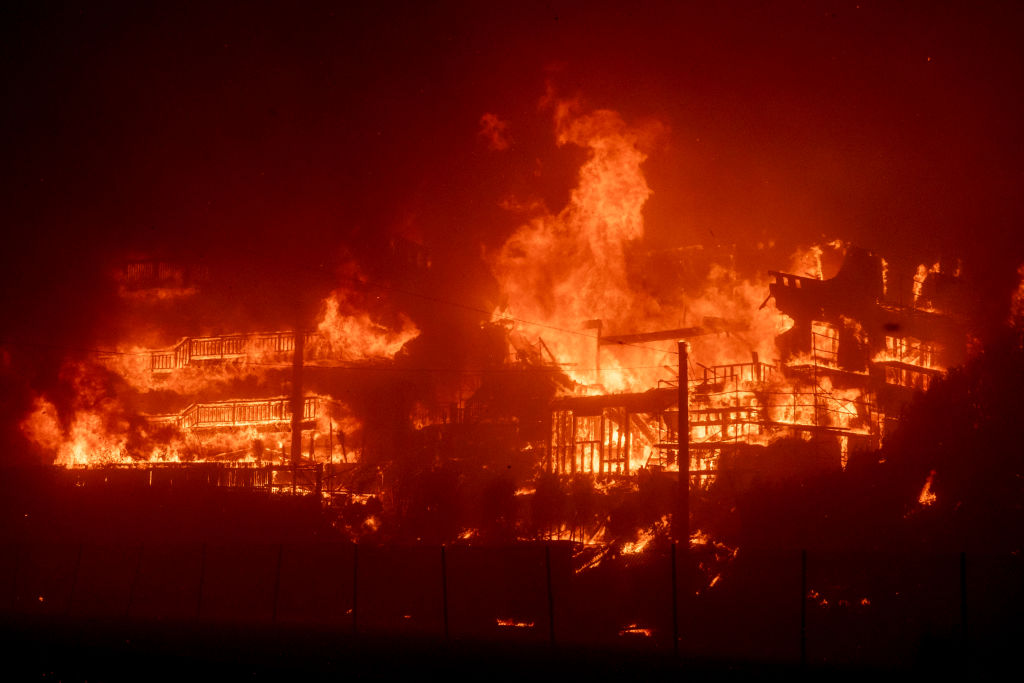Philadelphia City Council approved a slew of police reform bills Thursday, codifying several changes that had been widely discussed across the country in the wake of George Floyd's fatal encounter with officers in Minneapolis.
In a virtual hearing, councilmembers discussed and passed bills that would formally outlaw any peace officer from restricting someone's breathing, including kneeling on someone's neck - a tactic depicted in viral videos showing the last minutes of Floyd's life. Another bill would require public input to be heard before the city engages in negotiations on the Philadelphia Police contract.
The bills still have to be signed by Mayor Jim Kenney, but his administration supports them, a spokesperson said.
Chokehold bill
When the legislation was introduced in June, Council held hearings that called for a more widespread ban on police chokeholds. Councilman Kenyatta Johnson pointed out that the police department policy, at the time, did not prohibit an officer from kneeling on someone's neck.
Police Commissioner Danielle Outlaw changed the department policy that month, meaning an officer who kneels on someone's neck could be disciplined for violation of department policy. Once the bill is signed, an officer kneeling on someone's neck or using a chokehold would be violating city law.
A spokesman for Johnson explained that a law is more permanent than a police department policy.
Local
Breaking news and the stories that matter to your neighborhood.
“We know that George Floyd lost his life as a result of a police officer kneeling on his neck for 8 minutes and 46 seconds. He cried out to his mother, who was already deceased, because he knew he was going to lose his life,” Johnson told NBC10.
"We want our Philadelphia Police Department to be able to apprehend individuals in a way where they will not actually lose their life. Because at the end of the day, ...our peace officers are there to protect and serve the public."
According to Johnson's spokesperson, that term "peace officer" is key - it means the bill affects officers of any police agency in the city, not just the municipal force. Other police forces include SEPTA, PHA, sheriff's officers and university forces.
Johnson hopes the bill will help build trust in police. That trust would be key in making residents feel comfortable coming to officers with need-to-know information as the city sees a rise in cases of gun violence, Johnson said.
It's not clear what penalties an officer would face for violating the city law. Johnson said he would let the courts decide how an officer would be held accountable.
John McNesby, head of the Fraternal Order of Police Lodge 5, told reporters the group supports a ban on chokeholds.
Police contract bill
A bill from Councilwoman Katherine Gilmore Richardson requires the city administration to hear public comment before starting negotiations with the Philadelphia Police on its contract.
In that process, the city submits a plan and the FOP submits a plan. Then it goes to a state arbitrator and negotiations on pay, disciplinary policy and more.
The public comment required in the bill would come before the city submits its plan, Gilmore Richardson told NBC10 in an interview.
“We know that we must give people a voice in the process, and a chance to voice the concerns that they have around the Fraternal Order of Police,” she said.
McNesby was critical of the bill and said its passage was a "waste of time" and that the comments would not affect the arbitration and negotiations which are required under state law.
The FOP wouldn’t participate in any hearings, McNesby told a crowd of reporters. “No. We don’t negotiate in public.”
In negotiations, both the city and FOP "ask for the world," he added. “They ask for the world, we ask for the world. Somewhere in the middle lies the answer. … I’m not giving up anything. We don’t give up anything.”
Gilmore Richardson said the bill was about adding a public component to what's normally done behind closed doors.
“This bill will bring transparency and accountability to a process that has been shrouded in secrecy for far too long,” she said.
NBC10's Stephanía Jiménez contributed to this report.



